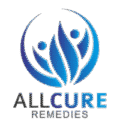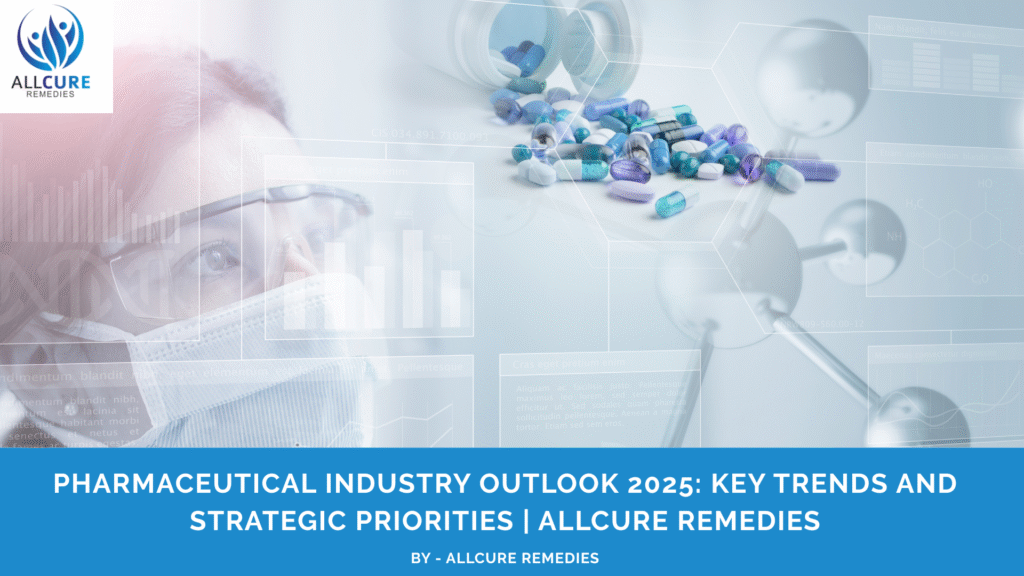Opening snapshot
Pharmaceutical Industry 2025 is the year pharma moves from promise to production: advances in AI and precision science are accelerating R&D, biosimilars are gaining market share as biologic patents expire, and governments and regulators are pushing for stronger manufacturing and supply-chain resilience. At the same time, pricing pressure and evolving policy environments are reshaping commercial economics. These forces make this a decisive year for strategy and investment.
The 6 key trends shaping pharma in 2025
- AI and ML transition from pilot to value creation
AI tools are moving beyond laboratory experiments into real workflows — speeding target ID, improving lead optimization, and streamlining clinical trial design. Companies that combine domain expertise with computational platforms are seeing higher hit rates and faster timelines. - Biosimilars scale-up and commercial pressure on originators
As multiple high-value biologics lose exclusivity, biosimilars adoption is accelerating worldwide. Market forecasts show strong growth in biosimilars through 2035, creating opportunity for contract manufacturers and cost pressure for originators. - Supply-chain resilience and on-shoring
Policymakers and regulators are pushing manufacturers to increase domestic capacity, improve supplier visibility, and prepare for shortages. This is driving investments in geographically diversified manufacturing, dual sourcing, and digital traceability tools. - Regulatory evolution — more digital, more prescriptive
Regulators are actively updating guidance to address digital tools (including AI), quality oversight for biologics, and reporting requirements tied to supply resilience. Early engagement with agencies and stronger risk-based quality systems are becoming table stakes. - Commercial model disruption: value, not volume
Payers and governments increasingly demand outcomes-based pricing, tighter formulary negotiations, and greater evidence of real-world effectiveness. Precision medicines create smaller target populations but higher per-patient value — forcing companies to rethink launch and access strategies. - Talent and capabilities: data + biology = the new core
With technology now central to discovery, companies must blend life-science expertise with data engineering, regulatory AI literacy, and partnerships to attract and retain cross-disciplinary talent.
Strategic priorities for pharma leaders in 2025
1) Invest in selective AI capabilities — but start with high ROI pilots
Target use cases where AI shortens cycle time or reduces cost (e.g., virtual screening, patient-selection models for trials, automated image analysis). Run measurable pilots, validate with internal assays or small clinical readouts, and create a clear handover plan to operations.
2) Build flexible manufacturing footprints
Adopt modular facilities, contract-manufacturing partnerships, and dual-sourcing strategies for critical APIs and biologics. Map single-source risks and prioritize on-shoring or regional capacity where regulators or policy incentives make it strategic.
3) Prepare for biosimilar competition early
If you’re an originator, accelerate lifecycle strategies (label expansions, patient support programs, evidence generation). If you’re a biosimilar player, lock in partnerships with CMOs and payers and plan differentiated market entry (e.g., supply reliability, lower TCO, integrated services).
4) Embed regulatory and AI governance into product development
Create multidisciplinary review boards for AI models and digital tools, adopt explainability and validation standards, and schedule early regulatory interactions to de-risk approvals.
5) Reimagine commercial & pricing models around outcomes
Pilot value-based contracts, build robust real-world evidence (RWE) programs, and equip market access teams with granular patient-level health economics to negotiate with payers.
6) Upskill and partner for data + biology capabilities
Invest in hiring and training for data science, regulatory AI literacy, and digital product management. Where capabilities are scarce, pursue partnerships or M&A to fill gaps quickly.
Quick tactical checklist
- Run 2–3 rapid AI pilots with measurable KPIs (time to hit, candidate quality).
- Complete supplier-risk map for top 20 critical APIs/biologics.
- Meet regulator for a pre-submission or Q-meeting on any AI-driven clinical method.
- Model financial impact of two biosimilar entrants for your top biologic.
- Launch a pilot value-based agreement with one payer for a new/rare indication.
Risks & what to watch
- Policy shocks: trade measures or pricing reforms can abruptly change revenue outlooks — monitor regulatory announcements closely.
- Hype vs. reality for AI: lots of funding and excitement, but clinical approval of AI-discovered medicines is still early — disciplined validation is crucial.
Final takeaways
2025 is a year for pragmatic modernization: treat AI as a capability to be measured and scaled; treat supply-chain resilience as a strategic competitive advantage; and treat commercial models as negotiable — the companies that combine scientific excellence with digital muscle and regulatory savvy will win the next decade.
PS — Sources:
The insights and data points in this article draw from publicly available reports and reputable industry analyses, including:
- IQVIA Institute for Human Data Science – Global Trends in Pharma 2025: https://www.iqvia.com/insights/the-iqvia-institute/reports/global-trends-in-pharma
- McKinsey & Company – Pharma and MedTech Outlook 2025: https://www.mckinsey.com/industries/life-sciences/our-insights/pharma-and-medtech-outlook-2025
- World Health Organization (WHO) – Regulatory Guidance Updates: https://www.who.int/publications/i/item/9789240075020
- EvaluatePharma – Biosimilars Market Forecast 2025–2035: https://www.evaluate.com/our-data/product/evaluatepharma
- Pharmaceutical Technology – AI in Drug Discovery and Development: https://www.pharmaceutical-technology.com/features/ai-in-drug-discovery
- U.S. FDA – Supply Chain Resilience and Quality Guidance: https://www.fda.gov/drugs/drug-supply-chain-integrity

About Allcure Remedies
At Allcure Remedies, we are committed to delivering high-quality pharmaceutical products that prioritize patient care, innovation, and global compliance. With a strong presence in both domestic and international markets, our goal is to improve lives through reliable, affordable, and effective medicine solutions. Backed by a team of experts and cutting-edge infrastructure, Allcure continues to lead the way in ethical and sustainable pharma manufacturing.
Our Services:
Contact Us:
Allcure Remedies
Phone: +91 9717524114
Email: info@allcureremedies.com
Website: www.allcureremedies.com



